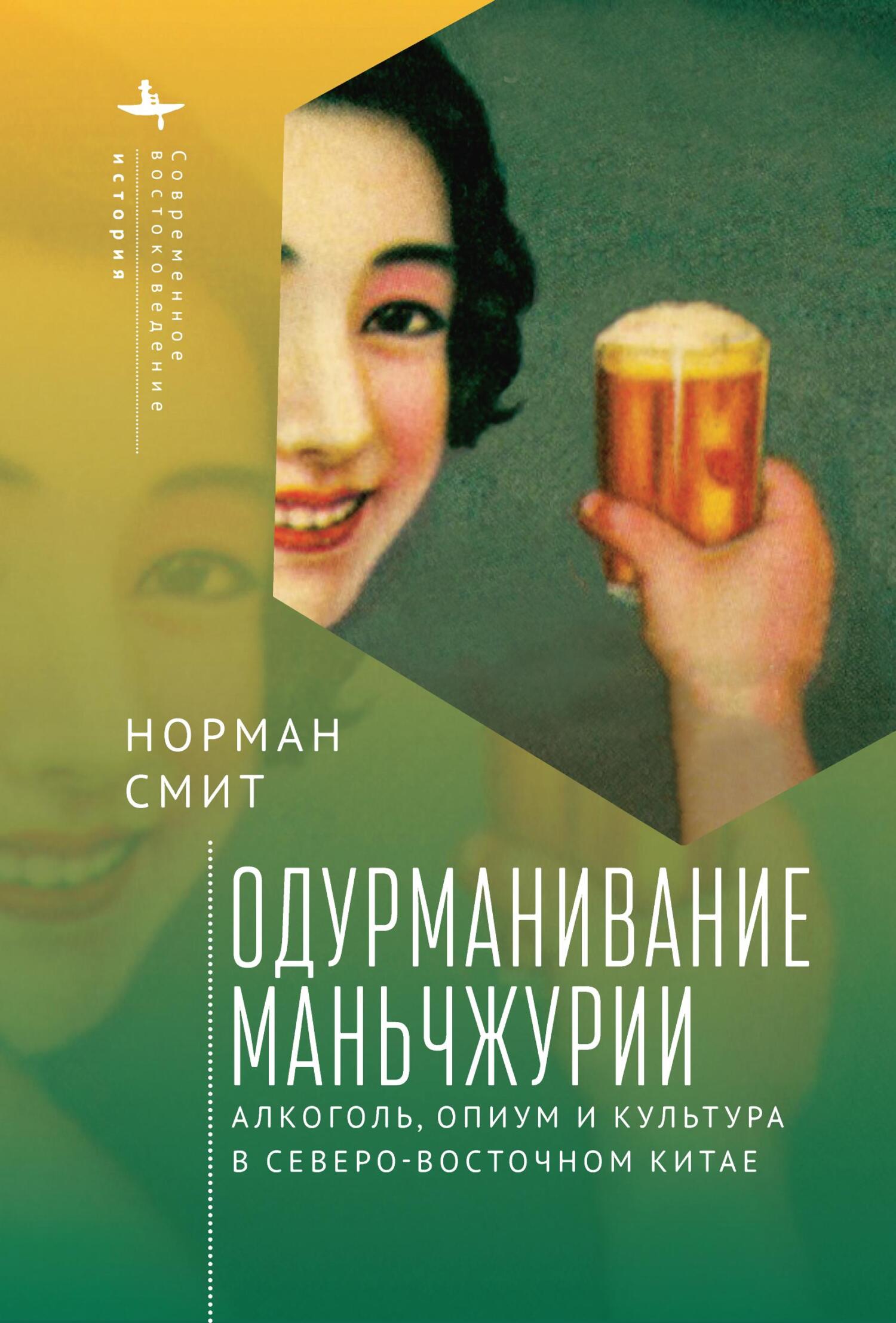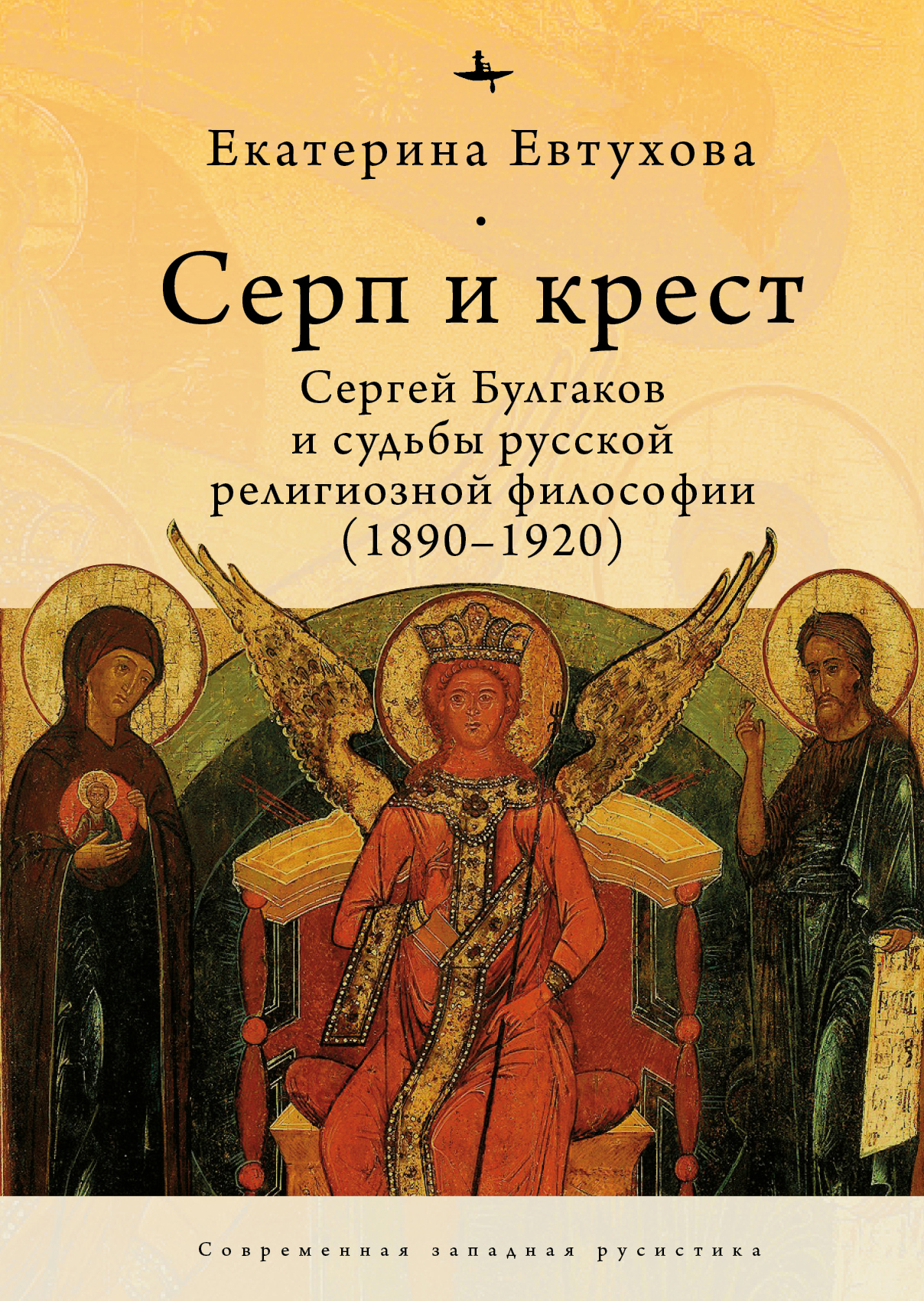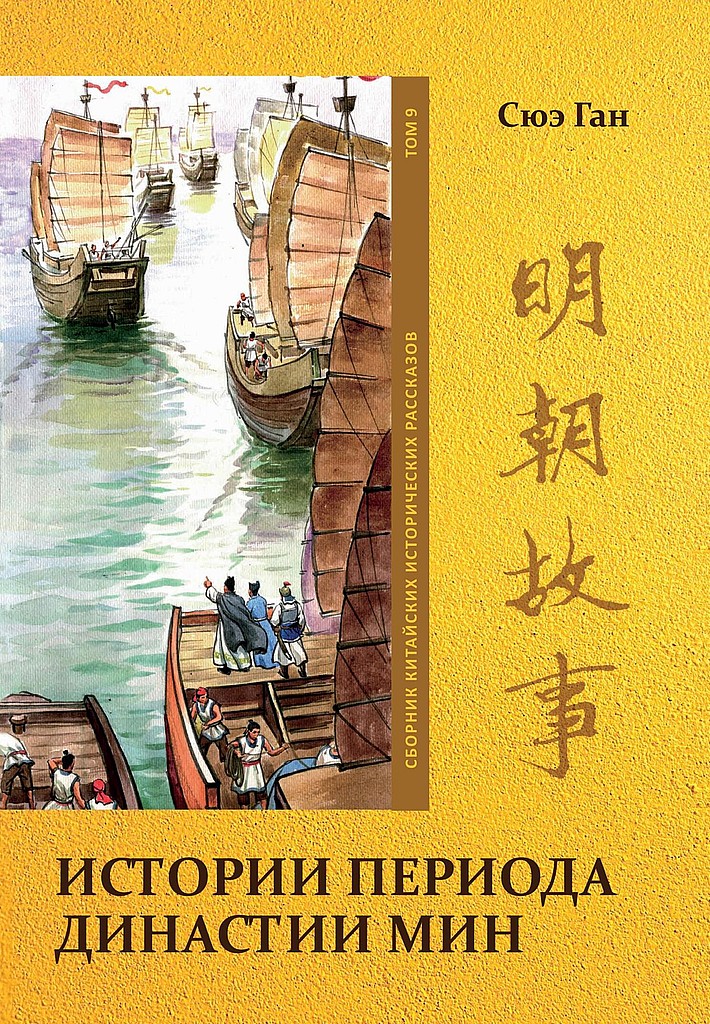Шрифт:
Закладка:
Вы знаете, что такое Маньчжурия? Это исторический регион в Северо-Восточном Китае, который в XX веке был под влиянием России, Японии и США. Вы знаете, что там происходило с наркотиками и алкоголем? Как они влияли на жизнь и культуру местных жителей? Как они стали инструментом политической и экономической эксплуатации?
Эти и другие вопросы рассматривает книга Нормана Смита «Одурманивание Маньчжурии. Алкоголь, опиум и культура в Северо-Восточном Китае». Это уникальное исследование, основанное на широком спектре источников, от официальных документов до личных писем, от статистических данных до художественных произведений. Автор показывает, как Маньчжурия стала местом массового потребления и производства наркотиков и алкоголя, как это связано с колониальной политикой и национальным самосознанием, как это отразилось на общественном здоровье, гендерных отношениях, религии и литературе.
Книга написана в захватывающем стиле, с использованием ярких примеров и аналогий. Она адресована не только специалистам по истории и культуре Китая, но и всем, кто интересуется социальными и гуманитарными аспектами наркотической проблемы. Книга содержит 32 иллюстрации, подробные примечания и предисловие известного синолога Дэвида Кристиана.
Вы можете читать книгу онлайн на сайте knizhkionline.com. Не пропустите возможность узнать о темной стороне Маньчжурии и ее влиянии на мировую историю!





